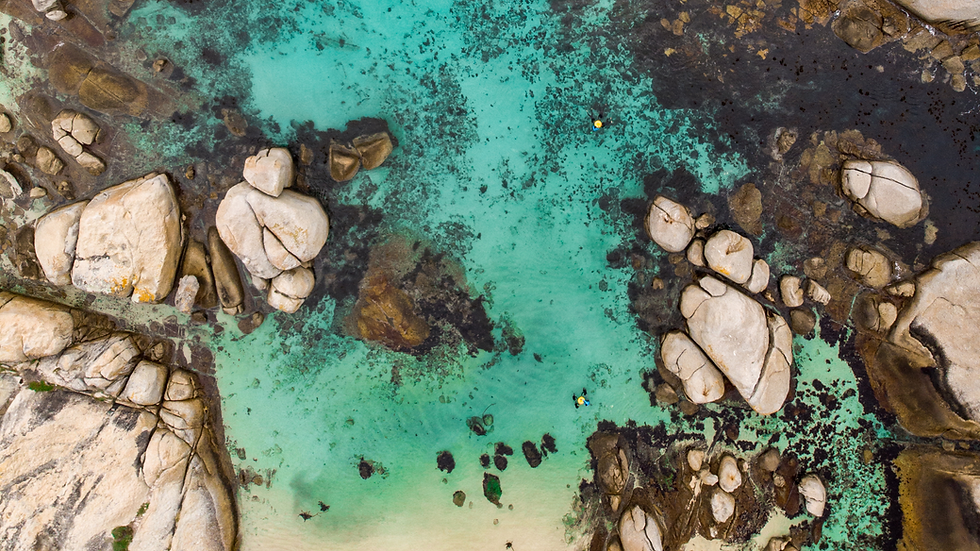Sport for Development & I AM WATER
- IAmWaterFoundation

- Sep 26, 2022
- 3 min read
Post by Jenny Fischer, who is completing her Masters degree in International Sport Development and Politics at the German Sport University, Cologne.

With the UN 2030 Agenda, sport has officially been recognised as an enabler of the 17 Sustainable Development Goals (SDGs). It is acknowledged that sport reaches people from communities all over the world and therefore provides a platform for engagement with topics that might not usually be discussed in the participants’ social environment. A clear outline of how sport can help achieve the SDGs can be found in the United Nations Overview.
That sport has an impact on our environment is undoubtably clear. The sport industry worldwide creates its own carbon footprint in a number of ways. Studies have revealed that a university football stadium can generate 47.7 metric tons of waste in one year. According to the Rio 2016 Carbon Footprint Report, the Rio Olympic Games have released 4.500 million kg of carbon dioxide. Around 100 million tennis balls end up in land fill every year. And these are just a few examples.
As negative as the impact can be, sport can also have the opposite effect, inspiring people to take on further responsibility for the environment. Sport is able to raise awareness on climate change, encourage discussions and promote activities that interact with nature.
But how can sport encourage such change…?
Sport for Development (S4D) is the intentional use of sport in order to achieve certain development objectives, such as climate action or ocean conservation. In S4D, sporting activities are modified in ways that target life skill/competence development of the participants. The participants engage with the activity, being exposed to situations in which the targeted competence is required. After the activity, the participants come together for a reflection, identifying the competence that was targeted, how this relates to their daily life and what actions they can take in order to make meaningful changes. The reflection is key as it creates the link between the physical activity and the overall chosen development objective. The participants learn how to take their experience on the pitch and turn it into meaningful actions off the pitch. More information on the mechanisms of S4D and practical examples can be found on the Sport for Development Toolkit website which was developed in cooperation with the German Agency for International Cooperation (GIZ).

I AM WATER's flagship programme “Ocean Guardians Workshops” use snorkelling as a physical experience, bringing the underwater world closer to the participants while actively engaging with it in a safe and secure manner. This sports-based activity helps them to understand how their own behaviour and actions can have a great impact on the ocean and its wildlife. Having this direct experience with the ocean creates a sense of belonging and responsibility towards preserving it, a behavioural change transcending into climate action on a day-to-day basis. The participants learn how to reflect on their previous behaviour and what changes must take place in order to practice ocean conservation in their communities.
Sport has an incredible reach, especially amongst children and young people, which makes it a very powerful tool that is particularly cost-effective. Sport for Development utilises these values to create educational experiences that can make a big difference in our world.
1. Costello, Christine; McGarvey, Ronald; Birisci, Esma (2017): Achieving Sustainability beyond Zero Waste: A Case Study from a College Football Stadium.
2. UN Environment Programme: 10 Ways Sport is tackling Plastic Pollution.



Kabar4d penyedia game slot terlengkap dan terpopuler!